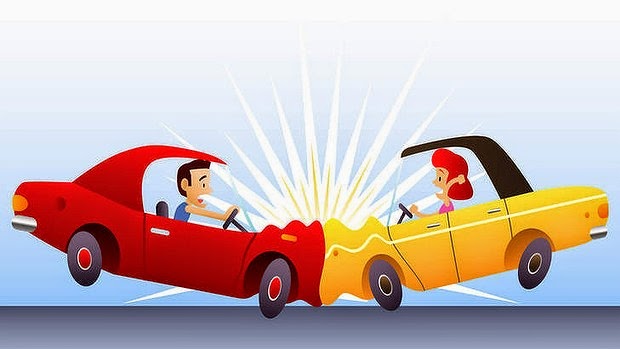One
rainy day last year, while I was returning home from Mersing, a town in the
east coast of Malaysia, I witnessed an accident which I shall never forget.
I was
returning home in my father's car. It was raining heavily and the road could
not be seen clearly. My father, an old man, was driving slowly to avoid an
accident. The journey, therefore, seemed unusually long, and I began to feel tired.
Then, suddenly, a small car, running at great speed, overtook our car. My
father was shocked at the recklessness of the driver of that car. We could not
count the number of persons in that car, but were sure that there were at least
five, including two children. My father at once predicted that tragedy would
befall the occupants of the car. After this prediction I began to grow
impatient. I did not wish to see any ugly scene resulting from an accident.
Though the car had gone quite far its rear lights would still be seen.
In the
distance there was a narrow bridge. Looking at the way the car was being
driven, I too was now sure that an accident would occur, and sure enough it did
occur. This is how it happened.
A lorry
was coming from the opposite direction. It was already on the bridge. The driver of the small car, however, could
not slow down in good time. He lost control of the car which skidded and
plunged into the swollen ver. Somehow, the driver managed to slip out of the
car, but the others were doomed. When we arrived at the bridge, we were touched
deeply by what we saw. Two children were struggling in the river and we could
do nothing to save them. Their mother, as we came to know later, was at the
bottom of the river, trapped in the car, and they were swept away by the rush
of the current and drowned. The driver, and father of the children, began to
cry piteously for the wife and children he had lost so suddenly.
It was
indeed a very touching scene, and I shall never forget this day.

























